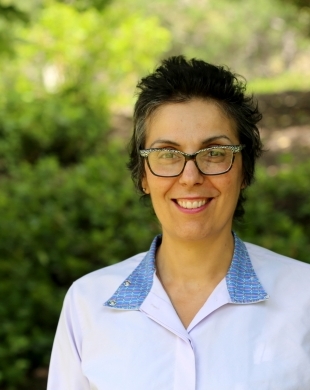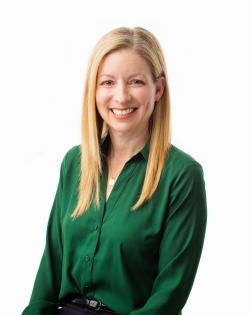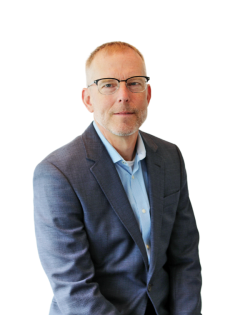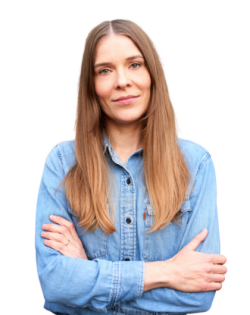Preserving that entrepreneurial balance—carving out space for private inventors and large-scale operations—requires an intricate tug of war, and Michelle has explored this marketplace across the legal spectrum, from patent acquisitions and prosecution to licensing and divestitures, and just about everything in-between.
“Usually when you’re a patent attorney, you get kind of chiseled into something very specific, whether it’s prosecution or litigation or working on post-grant proceedings,” she says. “But at IV it’s never boring, there’s always change, and it’s just a fascinating place. There are so many opportunities for challenging yourself in so many different ways. Some jobs, you feel like you’re doing the same thing every day, and that’s definitely not the case here.”
It’s Probably Moot
Michelle grew up in Bellevue, Wash., and went to high school within a few minutes of IV’s headquarters. She remembers loving electronics—fixing VCRs, programming video games with her dad, doing basic coding (appropriately, using BASIC: Beginner’s All-purpose Symbolic Instruction Code). So when she graduated and headed to college, she wanted to be an electrical engineer and took a host of science and math classes. Then one course derailed her plans. “This is really embarrassing,” says Michelle, “but I failed Engineering 101: Drafting because I couldn’t draw in three dimensions.”
Her drafting hiccup set a whole string of career dominos in motion. With engineering off the table, Michelle turned instead to a communications major at Western Washington University, which paired nicely with her experience on the university’s debate team. Debate, in turn, was a natural stepping stone to law school at Seattle University, where she got involved in moot court competitions. One of those challenges related to intellectual property, and the experience helped seal Michelle’s interest in patent law. Yet to be a patent attorney, you have to pass a separate patent bar, which requires a previous technical or scientific degree—something Michelle’s communications degree didn’t satisfy.
That meant she had to go back to undergrad to wrap up enough credits for a second bachelor’s, this time in computer science. Luckily, Michelle had earned three-quarters of a technical degree from all her prerequisites in electrical engineering at Western Washington, but it still took a nearly superhuman juggling act to knock out those final few courses all around the same time as she was finishing law school and beginning her first months at a law firm in downtown Seattle (and then preparing to take the bar). “So I was working at Perkins Coie two-thirds time,” she says, “and then walking up the hill to take classes to finish my computer science degree.”
While incredibly hectic from a scheduling standpoint, completing the second bachelor’s gave Michelle a diverse background in technology and computer science, both of which would inform—and continue to enrich—her work as a patent attorney.



